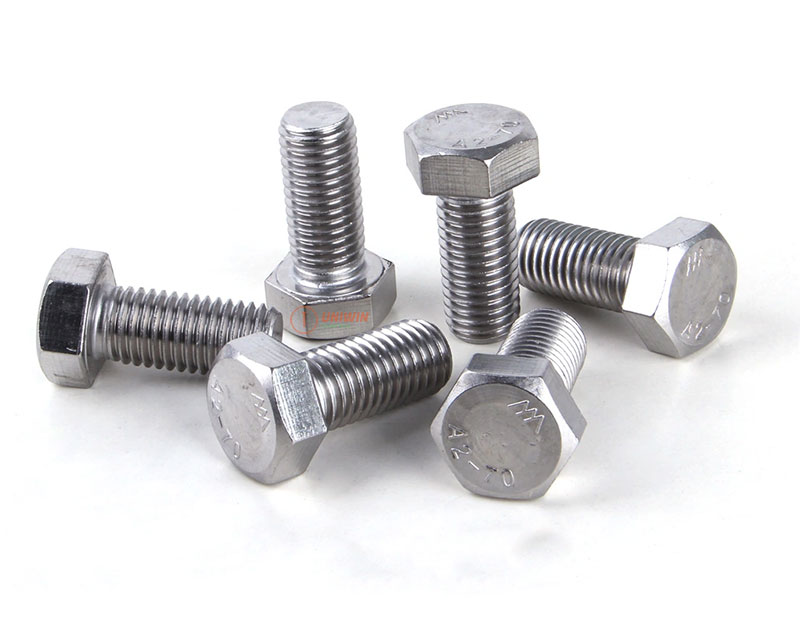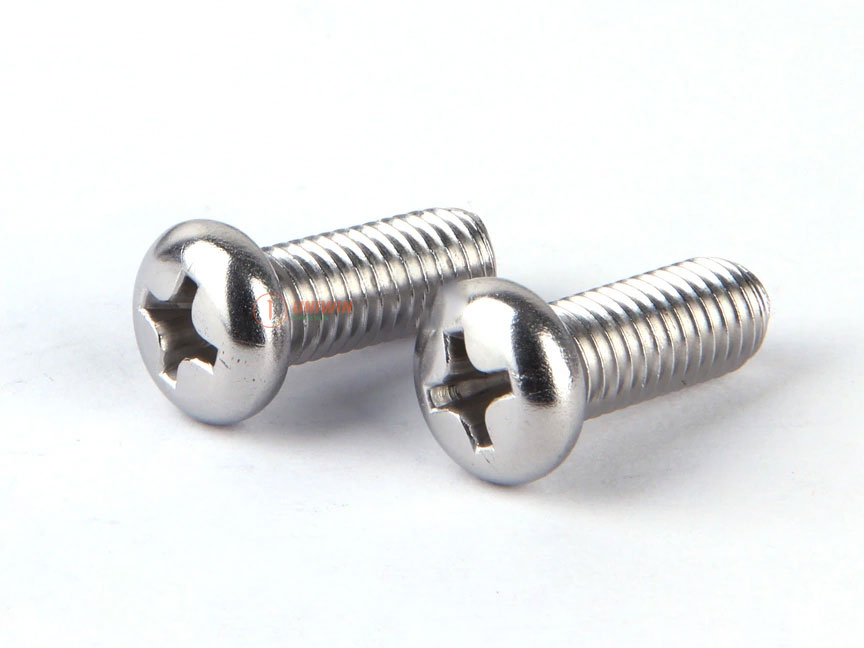What is the principle of stainless steel?
Stainless steel usually refers to steel that has the ability to resist corrosion by air, water, acid, alkali salt or other media. According to different alloy composition, it focuses on rust resistance and acid resistance. Although some steels are stainless, they are not necessarily acid-resistant. And acid-resistant steels are usually stainless. Austenitic stainless steel is mainly used in the production of fasteners. In people’s daily life, stainless steel is often referred to as austenitic stainless steel. The stainless steel fasteners we mainly use now include austenitic 302, 304, 316 and low nickel 201 as raw materials.
The main applications of stainless steel screws
Stainless steel screws are widely used in machinery, petrochemical, communication, chemical industry, construction industry, electric power, textile, sports equipment, papermaking, sewage treatment, shipbuilding, automobile and other industries. With the improvement of domestic economic and living standards, the application range of stainless steel screws will be more extensive.
Material selection principles of stainless steel screws
- Requirements for materials of stainless steel screw in terms of mechanical properties, especially in terms of strength.
- Requirements of working conditions on the corrosion resistance of materials.
- Requirements of working temperature on heat resistance of materials, including high temperature strength, oxidation resistance.
- Requirements for material processing performance in terms of production technology
- Other aspects, such as weight, price, procurement and other factors should be considered



